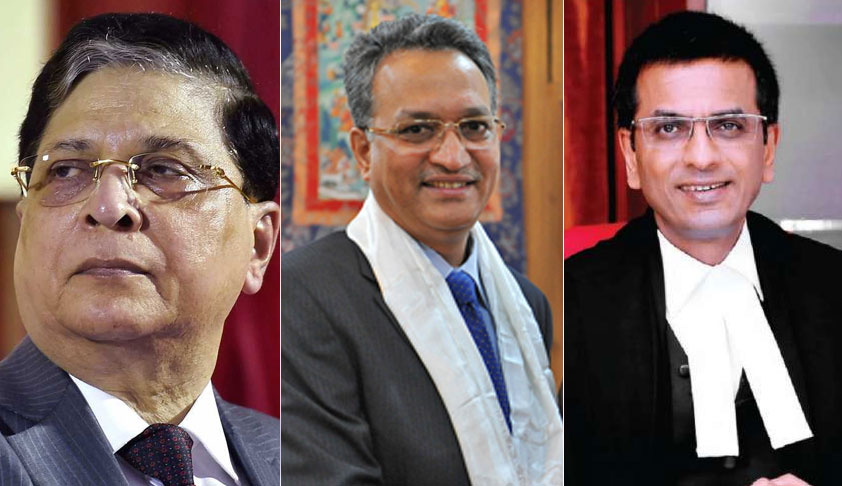A bench of the Chief Justice Dipak Misra, A.M.Khanwilkar and D.Y.Chandrachud, dismissed on Friday, a Civil Appeal, which has been pending since 2012, seeking to recognise husband’s consent to terminate a pregnancy.A matrimonial dispute between husband and wife led to separation of the couple, with the wife living with her minor son, and her parents. The wife filed an application under...

